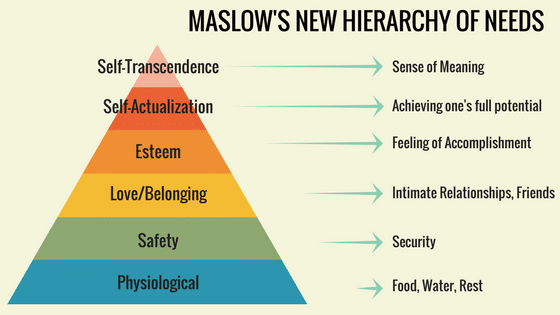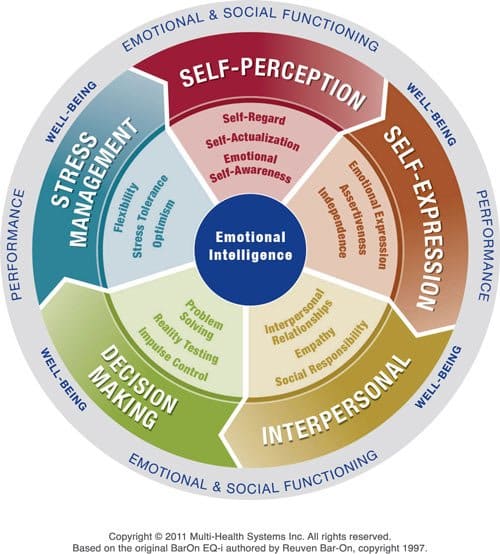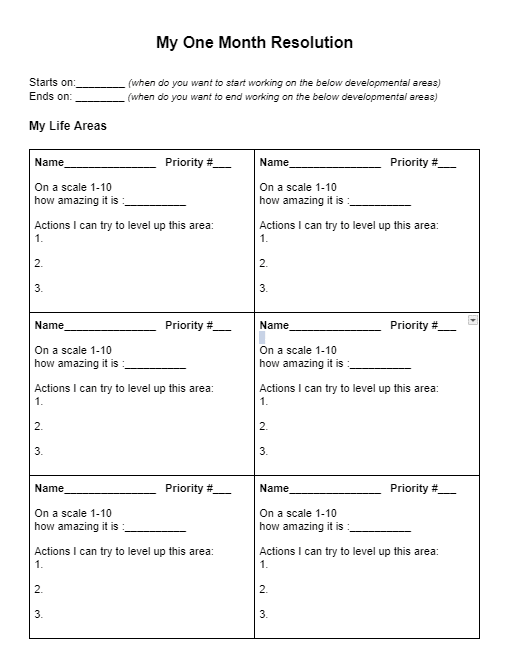What’s the Deal with Maslow’s Pyramid?
Maslow’s pyramid breaks down human needs, and at the top is self-actualization (right below wisdom/spirituality). Simply put, it’s the peak emotional state.

What Self-Actualization Really Means
Using simple terms, Emotional Intelligence (EI) is a set of skills that work together. In the realm of (EI), Self-actualization is realizing and living to your full potential. It’s about doing things that make your life meaningful and fulfilling. This means finding activities you enjoy and sticking with long-term goals. It’s an ongoing process of improving yourself, using your talents, and always trying your best. When you’re excited about what you’re doing, it keeps you motivated. Self-actualization also brings a sense of satisfaction. People who’ve achieved it feel good about where they are in life, personally, at work, and financially. Using other EI competencies like Emotional Self-awareness and Self-Regards (realizing and accepting your strengths and weaknesses, feeling confident) paired with Self-Expression, Decision Making and Interpersonal Relationships, helps you achieve the true joy in your professional life.

Real-Life Impact of Self-Actualization
This isn’t just a theory—self-actualization makes your work more enjoyable, strengthens family bonds, and deepens friendships. It’s the force that turns your daily grind into a meaningful journey.
Midlife Crisis? Not Necessarily
Midlife doesn’t have to be a crisis. Speaking with professionals from various countries and industries, the longer they stayed away from their true Self, the less happy they were, the harder it was to understand what change they want, what decision to make, and where to go next. When you do what you have to and what seems right, instead of following your passion, it leads to an inner conflict later on. Inner conflict causes stress, anxiety, mood swings and emotional struggle. The earlier you start learning your Self and your inner processes, the easier it will get to make life decisions.
A Quick Check: Self-Assessment
People who succeed in self-actualization tend to fall into one of two distinct categories. Neither approach is preferable—it’s all a matter of personal choice:
Group A. Find one or two activities or hobbies that interest them passionately and pursue these with zeal and commitment.
Group B. Have more diverse interests and love to investigate anything that catches their fancy. They may eventually settle on a couple of primary choices, but they remain open to almost any possibility.
Ask yourself the following 11 questions:
- How many hours per week do you spend at work? With family? With friends? Alone?
- Self-actualization involves maximizing your time in each of these areas. How satisfied (on a scale of Very to Not at All) are you with the quality of the time you spend at work? With family? With friends? Alone?
- In which of these areas would you most like to improve the quality of your time?
- What do you like best about being at work? With family? With friends? Alone?
- What do you like least about being at work? With family? With friends? Alone?
- What are your long-term goals in each of these areas?
- What are your short-term (two- to six-month) goals in each of these areas? What actions will help you attain these goals?
- What are your hobbies and interests?
- Which would you like to pursue more actively?
- What new areas would you like to explore?
- Are your interests wide and varied, or do you prefer to focus on a smaller number of favorite fields?
One-Month Resolution

Why waiting for the New Year?
My clients get surprise how easy and seamless it is to enhance their life in just one month. Try out the One Month Resolution.
Let me know about the results. I’d love to hear back from you at [email protected] .
Passion fuels the engine of creation. It changes concepts to experience. Passion is the fire that drives us to express who we really are.Neal Donald Walsch